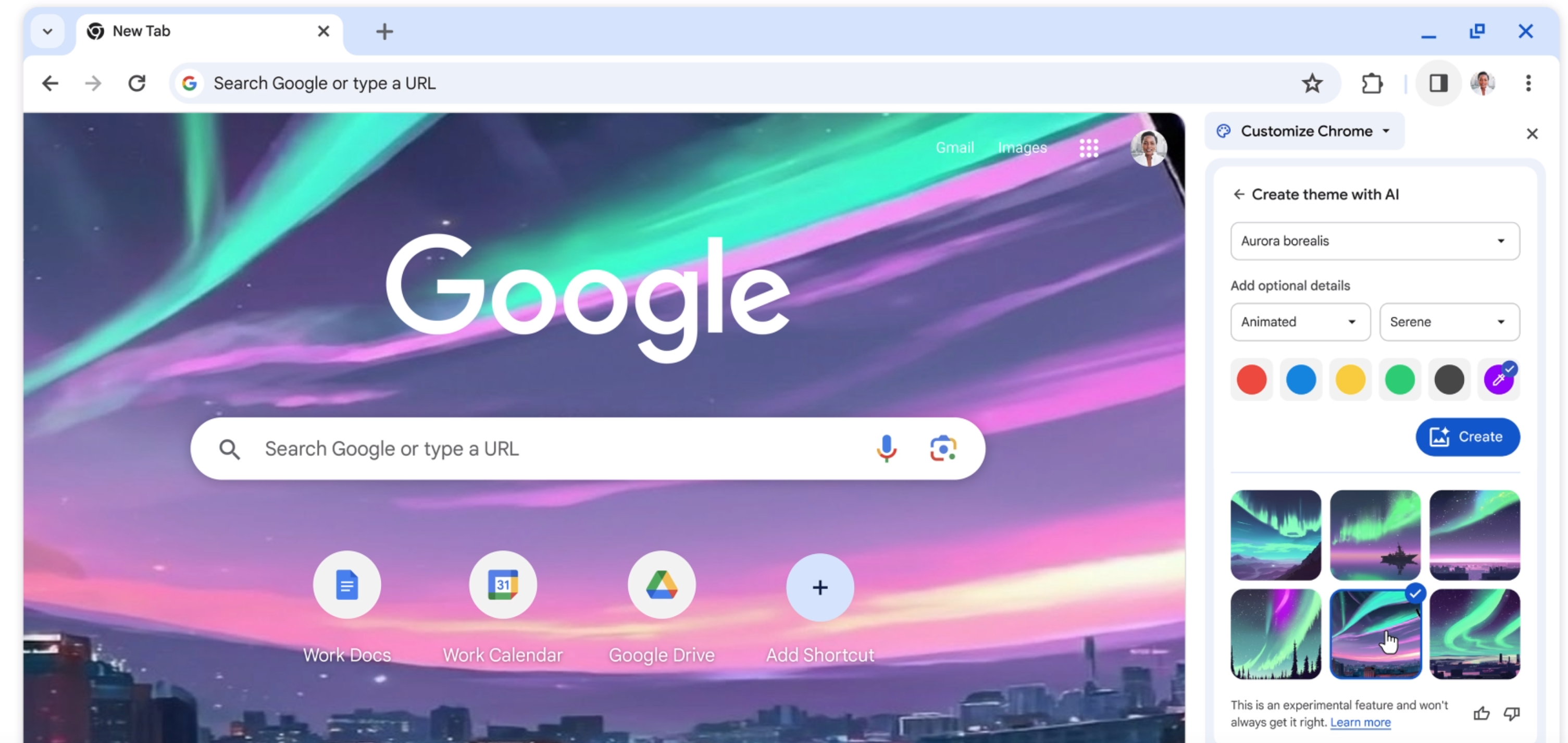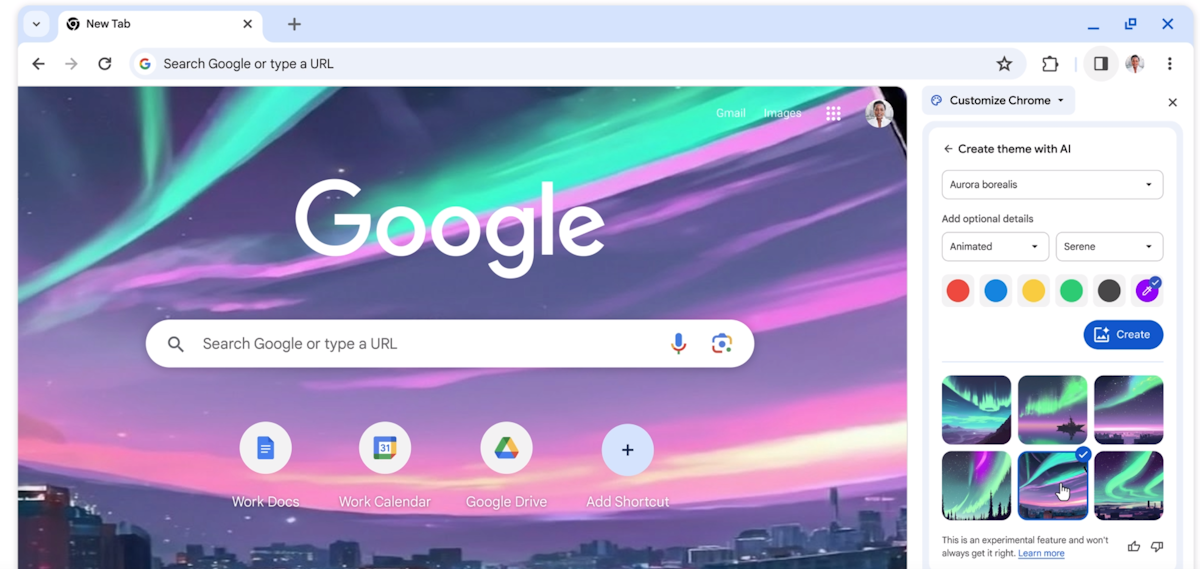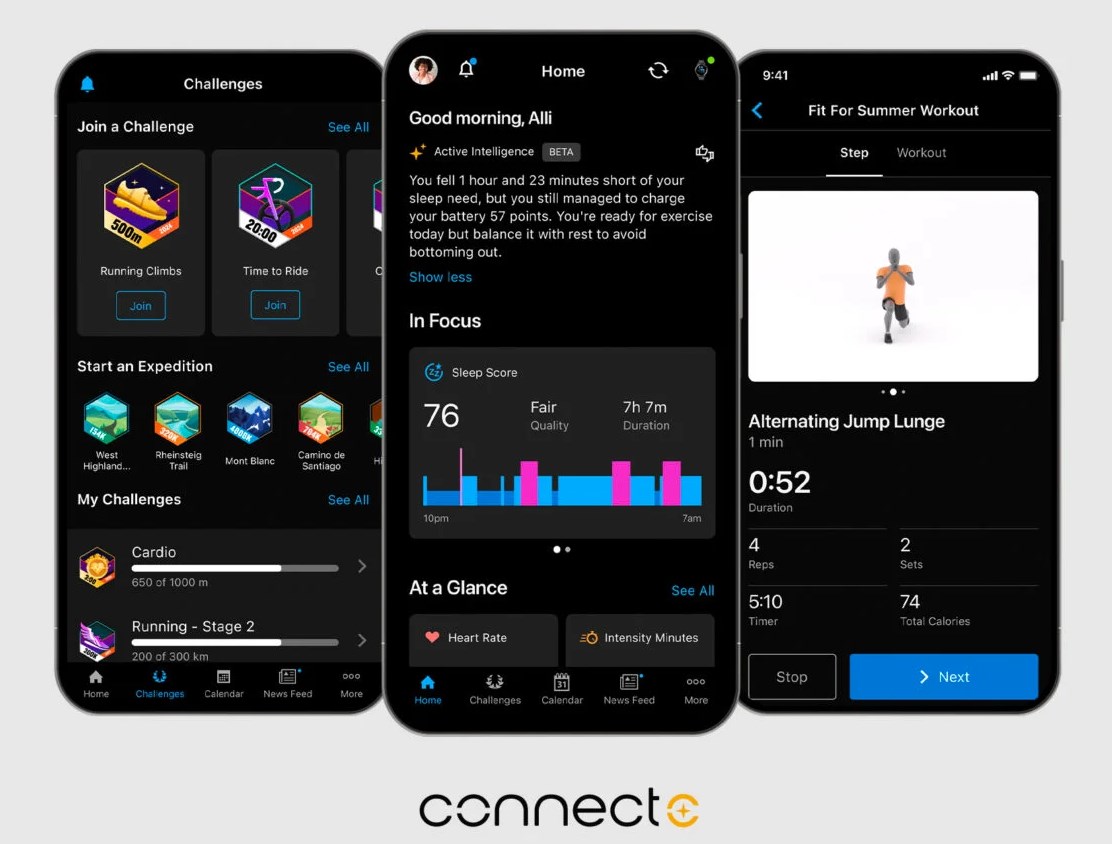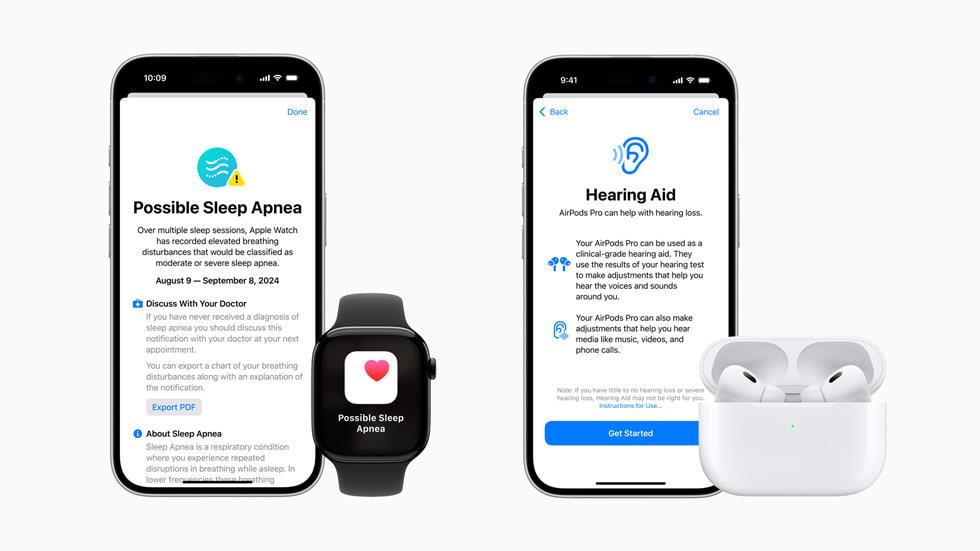How to Stop Automatic Google Chrome Updates on Windows

Google Chrome Updates are configured to run automatically on non-managed Windows devices. This guide provides step by step instructions to disable automatic updates of Google Chrome.
Most web browsers are configured to update automatically. This happens in the background. While that can be a good thing, especially for security, it can also slow down the start of the system. Some users may also want full control over the updating process.
Word of caution: It is generally a good idea to install updates, especially when they fix security issues. This guide is intended for advanced users.
A quick check of the Windows Task Manager after system start may reveal reveal an abundance of Google Updater processes.

The screenshot was captured on a system with two Chrome installations: Chrome Stable and Chrome Canary.
If Chrome is not your main browser, you may consider disabling automatic updates for a number of reasons.
You can check for updater.exe processes on your device in the following way:
- Press Ctrl-Shift-Esc at the same time directly after system boot.
- Switch to the details tab in the Task Manager Window.
- Scroll down until you come to the letter "u".
- Check for updater.exe processes there.
Note: some of the processes may be run under a user account, others under a system account.
Updating Chrome manually

It is important to keep the web browser updated. Updates include security fixes and bug fixes. Outdated browsers have a higher risk of being successfully attacked.
This can be done manually after disabling Chrome automatic updates. To do so, it is necessary to download the latest Chrome release from Google's official download server.

The best option is to use winget for that. Here is how that works:
- Open the Start menu.
- Type cmd and select Command Prompt from the results.
- Type the command winget list chrome and press the Enter-key to run it.
- Winget returns all installed Chrome versions.
- To update Chrome, type winget upgrade ID and press the Enter-key. Note: Replace ID with the ID value listed in the table, e.g. Google.Chrome.EXE.
- Repeat the steps for any other Chrome installation that you want to update to the latest version.
Best option for managed devices
System administrators may download the official Google Update policy template for Windows to configure the browser's automatic update behavior.
Important to know: while this method disables automatic updates, Google says that Chrome will continue to check for updates (but neither download or install them).
- Download the latest version of the administrative template file from this website.
- Extract the archive on the local system.
- Copy google.admx and GoogleUpdate.admx from the extracted archive to the Policy Definitions directory, usually C:\Windows\PolicyDefinitions.
- Open the en-US folder (or another locale folder) and copy the files google.adml and GoogleUpdate.adml to the same folder under Policy Definitions, e.g. C:\Windows\PolicyDefinitions\en-US.
- Open Start.
- Type gpedit.msc and select Edit group policy to launch the Group Policy Editor.
- Navigate to Computer Configuration > Policies > Administrative Template > Google > Google Update > Applications > Google Chrome.
- Double-click on Update policy override.
- Enable the policy in the window that opens.
- Under Options, select the Disable updates option.
- Restart the PC.
You can verify the correctness of the setting by launching Chrome and opening Menu > Help > About Google Chrome.
Disable automatic Google Chrome Updates in Services

Google adds several services on Windows during installation of Chrome. These are configured to run automatically and need to be stopped.
Here is how that is done:
- Open the Start menu.
- Type services.msc and press the Enter-key to open the Services manager.
- Scroll down to the letter G under names. You should find several Google entries there.
- Double-click on any GoogleUpdater service and repeat the following steps:
- Click on Stop to stop the Service from running.
- Set the Startup type to Disabled.
- Select OK to go back to the main window.
Disabled means that the Services won't start during Windows start or afterwards.
Stop Google Chrome updates in the Task Scheduler

You find one or multiple Google related tasks in the Task Scheduler. The screenshot above shows two GoogleUpdater tasks. These are configured to run once per hour to check for updates.
Here is how you disable them:
- Open Start on the Windows device.
- Type Task Scheduler and select the result.
- Expand Task Scheduler and Task Scheduler Library.
- Check for Google folders there.
- Expand GoogleSystem or GoogleUser folders, if they exist.
- Select the subfolder GoogleUpdater. This should reveal the update task.
- Right-click on the task and select Disable.
- Repeat the steps for any other GoogleUpdater task.
Closing Words
This takes care of automatic updates of the Chrome web browser on Windows machines. This should not be a problem security-wise, if you run updates manually regularly.
What about you? Do you use Google Chrome? Do you allow it to update automatically? Feel free to leave a comment below!


















That demented Google Update runs more than once an hour even if I didn’t use any google product for half a year. To keep browser updated it is enough to update it when it really runs, as Firefox does.
you are already trusting google far too much
what’s a little force update now and again?
Hopefully, Google’s UI staff will be sacked soon! They destroyed the UI by using terrible washed-out color palettes, unnecessarily rounded corners, and excessive padding everywhere.
How to stop Chrome update? it’s easy….install Brave or Firefox.
After moving to Linux, I found the update method is better. You have a program that handles all your updates and if you don’t want to update something, you don’t have to. I was scared of Linux, thinking nothing will work and I will be spending hours trying to get the simplest things done, but it’s not even the case, in fact the way things are done on Windows, feel more stupid, idiotic and unsafe. I used to think programs auto-updating themselves was cool and convenient, not anymore.
+1 sudo apt upgrade && sudo apt upgrade :D
I’m on windows and not a single program I have auto-updates – what are you on about?
@bruh
it’s the typical lies people tell, when they make up issues and stuff to pretend something on the internet… imagine justifying moving to Linux sacrificing real productivity apps (not just gaming) because “my browser seems to update blablaba”
When you can just block the chrome updater / omaha updater (omaga is the open source updater other browsers can use), like if Firewalls didn’t exist and all that.
In fact installing browsers with admin rights is usually the issue here, because that adds services and all that when people can just install their browser without admin rights and make it easy, example, Winget installs Brave without admin rights by default and that’s good.
For Edge, just using firewall and turning off the schedulers is enough, so the task schedulers will not be re-enabled by a new update.
It’s so funny how this people on the internet that think they are cool because they moved to Linux, can’t even use a firewall, or do simple stuffs like AutoRuns to completely disable the updaters if ran as service (I don’t recommend this in case you want to update later).
Registry makes it easy to remove services and all that, so if people wanted to remove updaters they could also do that.
There are also Chromium forks that offer standalone variants (wrongly labeled as portable, although some can be true portable) that can be used normally, will use of course the same user data location so nothing to set up, and that will not include the updater, of course, this will have to downloaded and unzipped manually…
SO yeah, these fairy tales of “My life improved with Linux” are a bunch of BS, when Windows has better apps without sacrificing features and glitching all over the place, better support for GPU acceleration, better updates because userbase is bigger so platform exclusive issues will be easily caught in Windows (happens on a lot of forks)…. but to each its own, and I would keep enjoying being smart in computing and using Windows with all my Windows(and usally Mac) only apps that actually work while using firewalls and other methods to avoid getting my browser automatically updated, especially when I use Nightly version of my browser, so I can’t just update without knowing if I want to update or I need the update.
Just use a firewall and block the update, even if people have installed with Admin rights, which install services, then nothing will happen if they never get to connect to anywhere.
For example I install Brave without admin rights and as user has the benefits of browser only adding the two task schedulers and maybe an autorun entry and that’s it, but I would still recommend using the firewall, I block and unblock Edge updates whenever I feel to do so, also I kill msedge with my firewall, so a program can try to open it, but it will throw an error how it can’t be opened, same with the updater, it can be killed but I wouldn’t do it because sometimes if you want to update it causes issues
People are just doing more than they should by stopping services and all that. I dont remember if you can install Google without admin rights but if you can, then do it if you are a single user and you don’t share your computer, it makes things easier…
I would have thought it would have been the Windows equivalent of:
sudo apt install firefox
sudo apt purge google-chrome
A much easier approach. Remove Google Chrome and install a better browser.
How to Stop Google Chrome on Windows.
Menu START
right click
Uninstall
enjoy internet